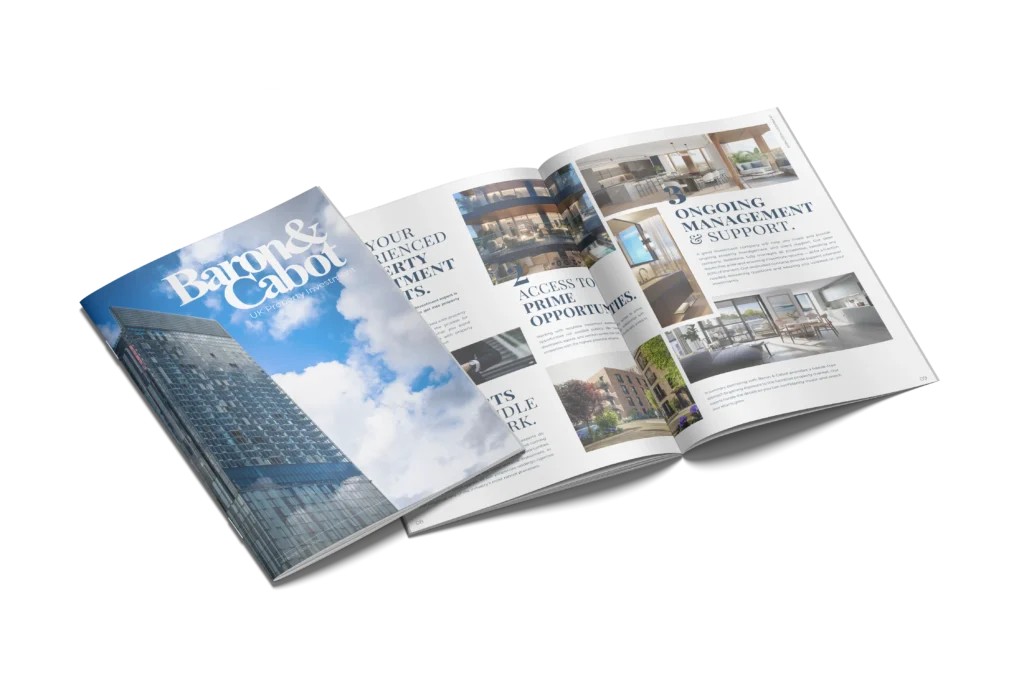Read before use
Calculator Exclaimer
Are you considering purchasing a home in the UK? Understanding your potential mortgage payments is crucial for effective financial planning.
Mortgage calculators can be an invaluable tool to help you estimate your monthly mortgage payments. These tools allow you to explore different scenarios and find a mortgage that fits your budget.
Learn how to use our UK mortgage calculator effectively and interpret the results to make informed decisions about your home purchase and long-term financial commitments.
Use Our
UK Mortgage Calculator to Estimate Payments
Our mortgage calculator helps you plan your property investment journey with confidence. With a few clicks, you can quickly estimate your monthly payments and overall costs.
1. Enter Your Mortgage Details
To get started, simply input:
- Mortgage Amount: The total amount you’re borrowing
- Interest Rate: The annual percentage rate (APR) of your mortgage
- Number of Years to Repay: The duration of your mortgage in years
These details allow our mortgage calculator to provide accurate estimates tailored to your specific situation.
2. Select Your Mortgage Type
You’re also required to select the type of mortgage:
- Fixed-Rate Mortgage: Payments remain constant throughout the loan term
- Variable-Rate Mortgage: Payments may fluctuate based on market conditions
The calculator will calculate how much mortgage to repay monthly.
For a comprehensive view of your mortgage costs, you can contact our mortgage specialists, who can give you an overview of:
- Stamp Duty: Estimate the tax based on property value. You can also use our free stamp duty calculator to estimate your tax.
- Insurance Costs: Include home and mortgage insurance expenses.
- Other Fees: Account for additional costs like property taxes.
Whether you’re an experienced or a new investor, our buy-to-let mortgage calculator can help you estimate potential returns on rental properties.


Understanding the Different Mortgage Options and How They Affect Your Payment
Depending on the mortgage type you opt for, your rate and periodic payment will differ.
1. Fixed vs. Variable-Rate Mortgages
When considering a mortgage calculator for UK properties, it’s crucial to understand the difference between fixed and variable-rate mortgages. Fixed-rate mortgages provide stability with invariable monthly payments throughout the loan term. In contrast, variable-rate mortgages, also known as adjustable-rate mortgages (ARMs), start with lower rates but can change over time, potentially leading to higher payments.
2. Interest-Only Mortgages
An interest-only mortgage calculator can help you determine if this unique loan type or repayment mortgage is right for you. With interest-only mortgages, borrowers initially pay only the interest, resulting in lower monthly payments. However, these loans can be risky as the principal remains unchanged during this period, potentially leading to higher payments later.
Remember, the right mortgage choice depends on your financial situation, risk tolerance, and long-term plans. A good way to assess your risk tolerance is to estimate your mortgage affordability.
Calculating Your Mortgage Affordability
Determining how much you could borrow is a crucial first step in your home-buying journey. A good rule of thumb is the 25% rule, which states that your monthly mortgage payment (including principal, interest, taxes, insurance, and HOA fees) should not exceed 25% of your take-home pay.
To get a more precise estimate, use a mortgage calculator to input your specific financial details and explore different scenarios. However, in addition to understanding your affordability, eligibility is another key factor to consider before making a mortgage application.
Factors Affecting Mortgage Eligibility
Several key factors influence your mortgage eligibility and the amount you can borrow, including:
- Credit Score: A higher credit score can lead to better interest rates and loan terms. Lenders use this to assess your creditworthiness.
- Debt-to-Income Ratio (DTI): This compares your monthly debts or outstanding loans to your income. Lenders generally prefer a DTI under 36% for total debts, with housing expenses not exceeding 28% of your gross monthly income.
- Employment Status: Stable, long-term employment is favourable to lenders, as it suggests a reliable income stream for a consistent monthly payment schedule.
To get a comprehensive view of your mortgage affordability, consider using specialised tools like a buy-to-let mortgage calculator or an interest-only mortgage calculator. These can help you explore different mortgage types and their impact on your finances.
Remember, while these calculators provide valuable insights, consulting with a financial advisor or mortgage specialist can offer personalised guidance tailored to your unique situation.

Planning Your
Finance and Repayment Options
Obtaining a mortgage is the first step towards financing an investment property. However, to improve your credit score—which will give you access to more finance in the future—always have an actionable plan for making prompt mortgage repayments.
Follow these steps to plan your finances towards monthly repayments:

1. Create a Robust Repayment Plan
When it comes to managing your mortgage, having a solid repayment plan is crucial. Start by using a reliable UK mortgage calculator to estimate your monthly payments and understand how different factors affect your loan. For rental properties, a buy-to-let mortgage calculator can help you assess potential returns on your investment.

2. Make Strategic Investments for Faster Repayment
Explore investment strategies that can complement your mortgage repayment efforts. While focusing on paying down your mortgage, don’t neglect other investment opportunities that could potentially yield higher returns. Balance your approach by considering both property investments and diversified portfolios to maximise your financial growth.

3. Evaluate Early Repayment Options
Many lenders offer early repayment options, which can save you significant interest over your loan’s lifespan. However, be aware of any hidden charges that might apply and factor these into your decision-making process.

4. Navigating Interest Rate Fluctuations
Stay informed about potential interest rate changes and their impact on your mortgage. An interest-only mortgage calculator can be particularly useful in understanding how rate fluctuations affect your payments, especially if you’re on a variable rate. Consider the pros and cons of fixed versus variable mortgage rates and how they align with your long-term financial goals and risk tolerance.
Request a callback
from our trusted
Experts in the uk
Property Market
Property
We work with a pool of trusted partners, wealth managers, Financial Advisors, and Agents giving their clients access to best-in-class residential property investment.
Enquire today and one of our experts will be in touch to provide further information

Frequently Asked
Questions
For a buy-to-let mortgage, expect to put down 20–40% of the property’s value. While most lenders require a 25% downpayment, higher deposits may be required based on your financial profile.
Baron & Cabot primarily focuses on property investment services but does not directly handle renting out properties. You may need to engage a separate property management company for rental services.
Baron & Cabot stands out by offering tailored investment advice, comprehensive market research, and exclusive property opportunities. We focus on data-driven decisions and personalised service to maximise returns. Unlike typical brokers, we provide extensive support throughout the investment process, ensuring you make informed and profitable choices.
You can confirm Baron & Cabot’s credibility by verifying our registration with regulatory bodies, reading client reviews, and researching our track record in property investment. Transparency and positive testimonials are key indicators of our credibility.
Disclaimer: Any information provided by Baron & Cabot does not constitute financial advice and is for educational purposes only.
